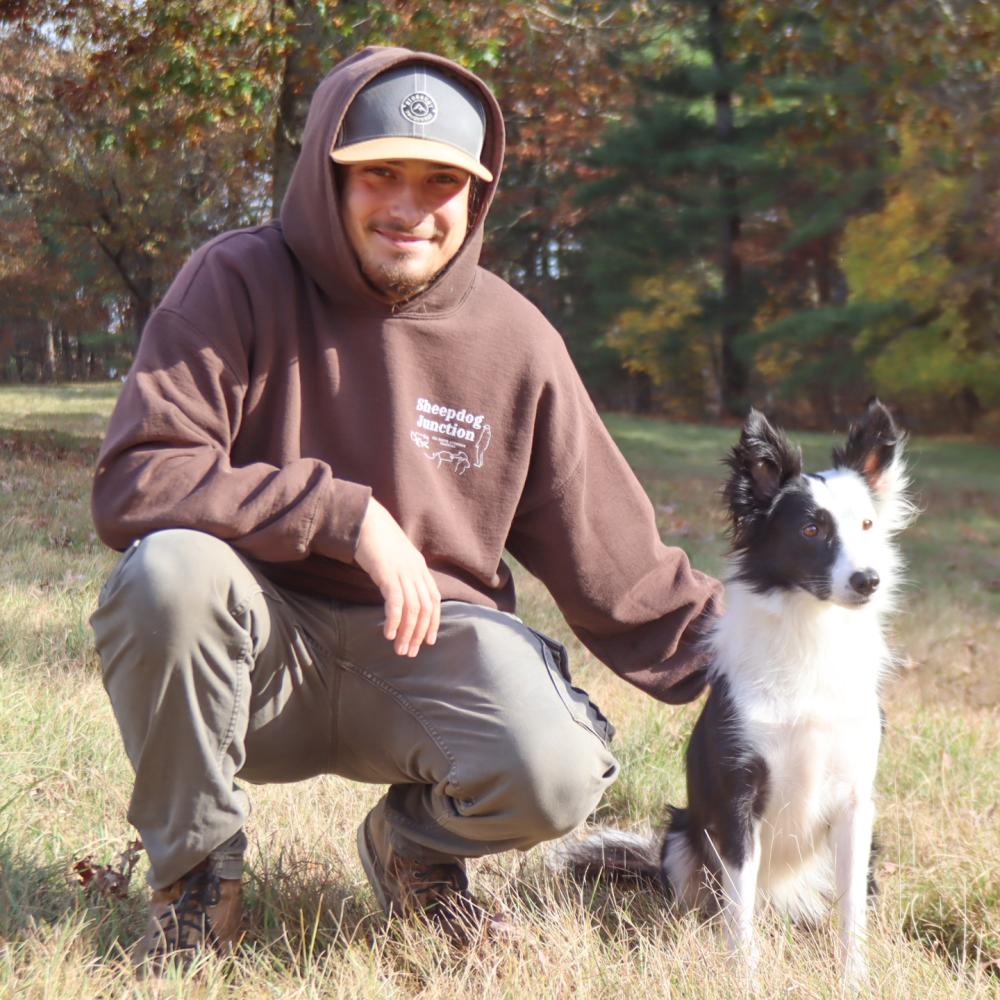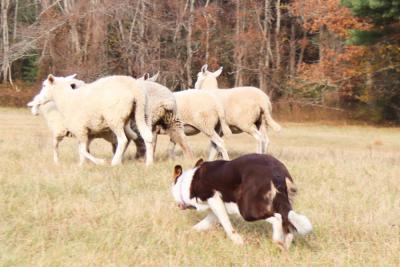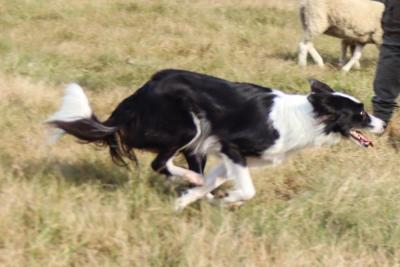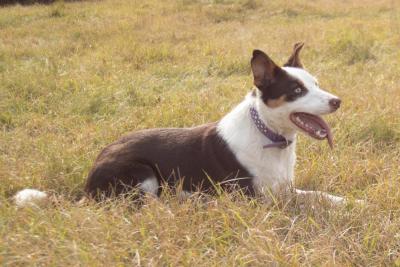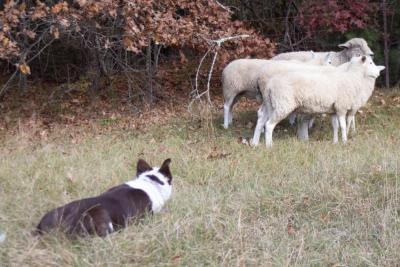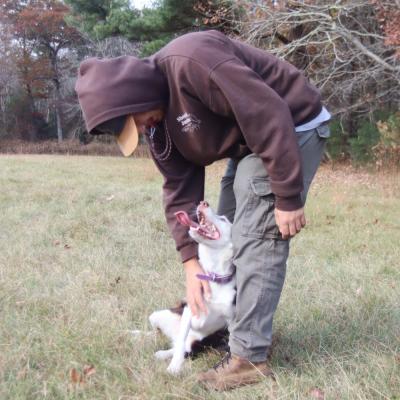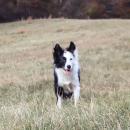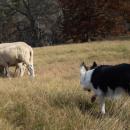Through words and whistles, business helps dogs hone herding skills
MIDDLEBORO — Watch a sheepdog in action and the origins of the term“laser-focused” become crystal clear.
“There’s nothing more important than sheep to these dogs,” says Mike Perry, a dog trainer at Sheepdog Junction, an operation that trains herding breeds in Middleboro and Carver.
He watches as Vega, the 15-month old border collie he works with, rips down the field like a bullet toward a small herd of sheep.
“These dogs will work sheep until they drop dead. It's who they are, it’s what they’ve been bred for,” says Perry. Vega’s intense panting as she returns to him is proof.
Sheepdog Junction takes in all types of herding breeds, including border collies, shelties, Australian shepherds, German shepherds and Australian cattle dogs, and trains them to retrieve livestock through verbal commands and whistle sounds.
Dogs are able to interpret commands such as “come by” to mean run clockwise, or “away to me,” which means run counterclockwise.
It’s not that the dogs understand English. The training works by shaping their hunting instinct, says Perry.
Perry loses sight of Vega over the crest of the hill. Giving no further instruction, he waits and a few seconds later, heads of some six sheep become visible over the tall grass. Vega, crouching low, traipses behind them.
“She knows what to do with those instincts now,” notes Perry.
Training a dog to herd livestock has nothing to do with obedience, he says. It´s not about telling the dog what to do. That’s what makes this type of training the most complex type of dog training in the world, according to Perry.
It can take anywhere from one to ten years to train a dog to herd livestock, and a lot of people adopt shepherding dogs under the misguided impression that they innately know how to corral meandering livestock, says Perry.
“The best bred dog in the world is not going to bring you a flock of sheep without any training,” he explains.
Many herding breeds are notorious for their “hyperactive” and “neurotic” temperaments because they don’t have an outlet for “all those things that they're reacting to, all those sensations, compulsions that they have,” he says.
This type of training “makes their lives make sense,” and gives those senses “a home,” he says.
They learn that while they can’t chase the cat, they can’t chase other dogs, they can’t go after skateboards, they have a place where they can follow those instincts, he notes.
Since it was founded in 2004 by Perry’s grandfather Richard Seaman, Sheepdog Junction has trained thousands of dogs, says Perry, who decided after high school he wanted to follow in his grandfather’s footsteps.
Most people who come to him are looking to train their dogs recreationally, he says. Clients come from all over Massachusetts.
For Perry, seeing these dogs in their element “is an extraordinary experience. There's nothing like it. There is no passion like that anywhere on the earth. They just love it.”



